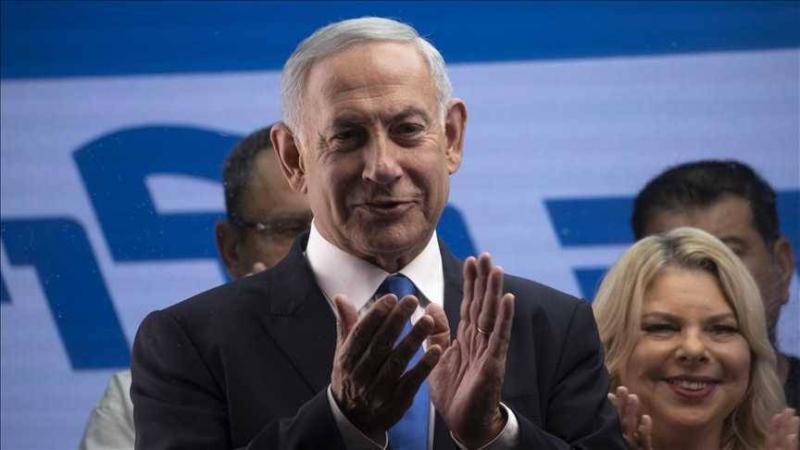The office of Israeli Prime Minister Yair Lapid has acknowledged defeat against former Prime Minister Benjamin Netanyahu in parliamentary elections held this week. In a statement, Lapid congratulated Netanyahu and instructed his office to prepare for an orderly transfer of power. Lapid stated, "The State of Israel comes before any political consideration. I wish Netanyahu success for the people of Israel and the State of Israel."
Lapid, who served as interim Prime Minister for the past four months, made this announcement after a preliminary count of the votes showed that Netanyahu received a parliamentary majority. The Israeli Electoral Commission announced the final results of the Knesset elections, which showed that the coalition led by Netanyahu won a majority of 64 seats in the 120-seat Knesset.
Netanyahu is expected to head the most right-wing government in the country's history when he takes office, likely in the coming weeks. He needs at least 61 seats to form a government that will restore him to the Prime Minister's office, which he left last year following the formation of Naftali Bennett and Yair Lapid's government. The Central Election Commission reported that 71.3% of voters participated in the election.
Netanyahu told his jubilant supporters at his party's campaign headquarters in a hoarse voice after weeks of campaigning, "We are on the verge of a very big victory." Netanyahu's impending alliance with the nationalist extremist Itamar Ben Gvir has raised concerns among Palestinians and members of the Arab minority in Israel.
When asked whether Washington shares these concerns, a spokesperson for the White House National Security Council declined to comment, stating, "We look forward to continuing to work with the Israeli government based on our mutual interests and values." Netanyahu previously surrounded himself with the right but was also able to normalize relations with several Arab countries and led economic growth. He was also bolder in openly confronting the United States regarding Iran's nuclear program compared to the outgoing government, which strained relations with Washington.
Large portions of his autobiography discuss his sometimes tumultuous but fundamentally strong relationship with former U.S. President Donald Trump. He will now need to deal with the more reserved White House led by Joe Biden.




